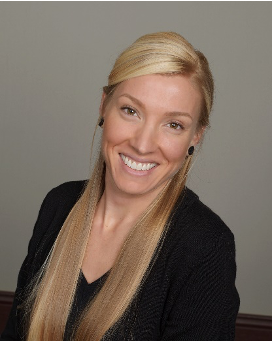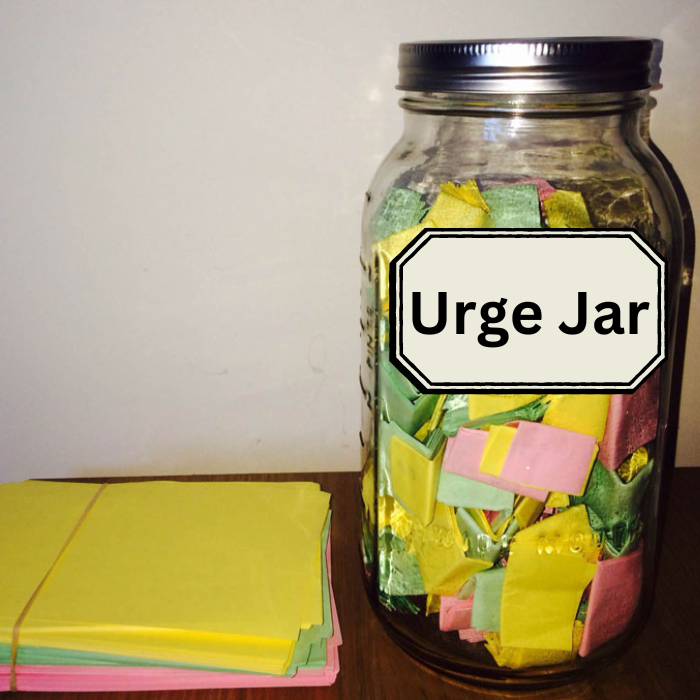The lack of a certain sound led to Louis Leake’s neck being snapped and him being paralyzed for six months. It was 1997 and he was the jumpmaster for a nighttime training session for the 82nd Airborne Division, the U.S. Army infantry division that specializes in parachute assault operations. The sound he was supposed to hear was his rucksack hitting the ground in the dark, giving him enough warning about an imminent landing. But he never heard it, so he hit the ground unprepared, and the impact was devastating. He broke the cervical vertebrae known as C1 and C2, which form the top of the spine (neck) at the base of the skull.
In the beginning, the doctors said he would probably never regain the use of his arms and legs, and Louis says this opinion was repeated so often that he almost started to believe it himself. But an individual doesn’t achieve what Louis had in his army career without being willful and determined, and this trait served him well in his physical recovery. Now, more than 25 years later, Louis also sees where the accident served him well spiritually and psychologically.
“I’m going to be honest and say that I probably needed that accident to happen because where my status was in the military at that time gives you a big ego. I think I alienated a lot of people in my life, but that accident caused me to have to be humble.”
It was the kind of humility that can only come from relying on other people to change, bathe, and feed you. Louis says he had to learn to appreciate and understand people more than he ever had, and to not take people for granted.
“I don’t ever look at it as something tragic that happened to me; it’s probably the thing that launched me into learning that I am not on this planet by myself.”
Although he recovered enough to use his arms and legs, Louis was retired from the military. However, more challenges awaited, this time having to do with his use of alcohol and opiates. Louis says he already had an alcohol issue and compounded it with pills introduced as part of his medical treatment. He spent a hazy and destructive three years awash in pills and booze. Then an old friend from the military, a former Special Forces medic, showed up at his door and said it was time to do something different.
This friend and a few others decided that Louis needed to go to the woods and kick his habit. Although Louis doesn’t recommend this method, he says it worked for him because it was a team approach and made sense to him in that moment. He saw the power of his friends stopping what they were doing in their lives so that they could help him regain his own. Louis was worried about what was going to happen once he was clean, but his friends said not to worry about it. They had set him up to volunteer helping guys just like him.
Once Louis got a taste of helping others with their substance use issues, he decided to go to school for counseling. He was an eager student and paid close attention. That was how he discovered SMART Recovery. He saw the fine print on the bottom of a worksheet on the topic of Motivational Interviewing that identified the SMART website as the source. He investigated and liked what he saw, especially the aspect of the worksheets having clear instructions about how to best use them, something Louis says many online resources don’t have. The more he learned about SMART, the more he appreciated the approach, particularly its versatility.
“You don’t have to have a specific drug of choice, you just have to have something you want to overcome,” says Louis. “I work with individuals who have opioid use disorders, but they have other issues as well that also end up getting addressed as they work through [SMART]. The SMART tools build on each other.”
Louis also points to the personal benefits he gets from facilitating SMART meetings, saying that he learns things about himself in the process. He envisions a circle of care that includes family and friends of those seeking recovery, and is now pursuing additional SMART training. “SMART has shown me that when we use the word ‘recovery,’ it’s something that is ongoing, something that you can constantly work at.”
Given the strength and perseverance that is part of his character, it certainly is no surprise to hear Louis conclude that, “Every meeting that I have, I am mindful that I can be taught too.” That is the kind of humility that will help make SMART empowerment accessible to all.




